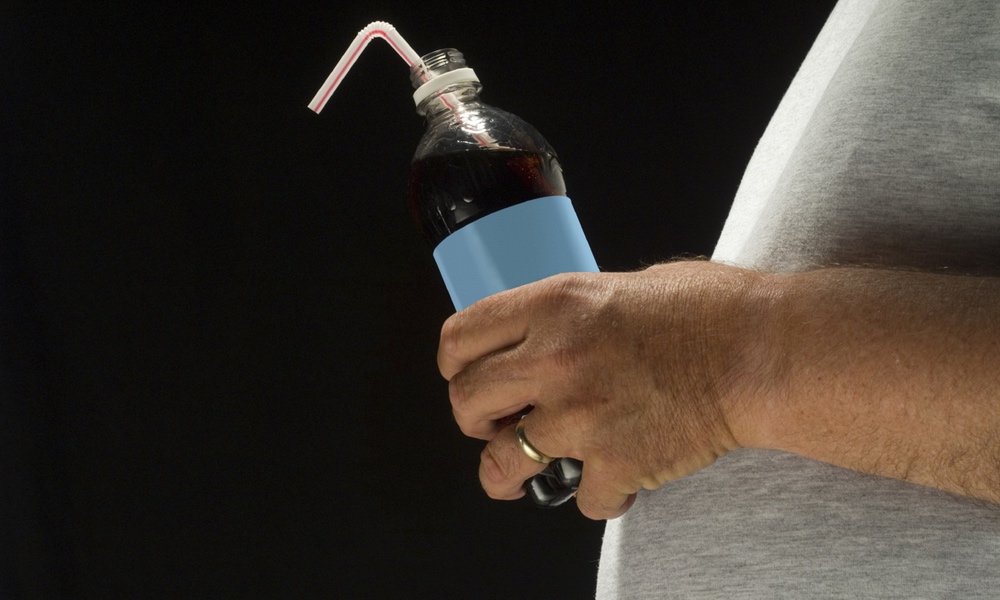Sugar-sweetened beverages (SSBs) such as soda, juices, and flavored milk have been blamed for the epidemic of overweight and obesity and the increase in type II diabetes and metabolic syndrome. A recent study supported this connection and showed how small changes can make big differences in a person's health outcomes.
The researchers monitored the beverage consumption of over 25,000 adults, none of whom had diabetes at the start of the study. They followed them for about 10 years, during which time 847 participants were diagnosed with diabetes.
Participants' soft drink, sweetened coffee or tea, and flavored milk, artificially-sweetened beverage, and fruit juice consumption were all tracked. Lifestyle and dietary factors — such as overweight and exercise — that could influence the incidence of diabetes were evaluated as well.One serving per day of either a soft drink or sweetened milk drink increased the risk of diabetes by 14 percent to 27 percent.
Each additional 5 percent of total daily calories that came from SSBs raised the risk of diabetes by 18 percent. This was true regardless of the participants' weight or body mass index, or their total daily caloric intake.
When people substituted water or unsweetened tea or coffee for SSBs, the risk of diabetes went down. Simply substituting water for one sugary drink resulted in a 14% to 25% reduction of diabetes risk. This finding was also independent of how much the person weighed or ate.
Sports and energy drinks were not officially part of the study, but they are also major sources of excess sugar for many people.
The researchers estimate that if sweet beverage fans reduced their intake to below 2% of their total energy intake, 15% of diabetes might be prevented.
Interestingly, artificially sweetened beverages (ASNs) did not produce this positive effect on diabetes risk. It may be that people who drink ASNs were already either obese or had a family history of diabetes that made them choose artificially-sweetened drinks, the researchers suggest. Fruit juice consumption did not affect diabetes risk either.A few glasses of water instead of soda can be life-changing.
Complications of type II diabetes involve almost every organ system and can cause acute health problems, chronic debilitating illness, and premature death. A few glasses of water instead of soda or energy drinks can be life-changing.
The study is published in Diabetologia.





